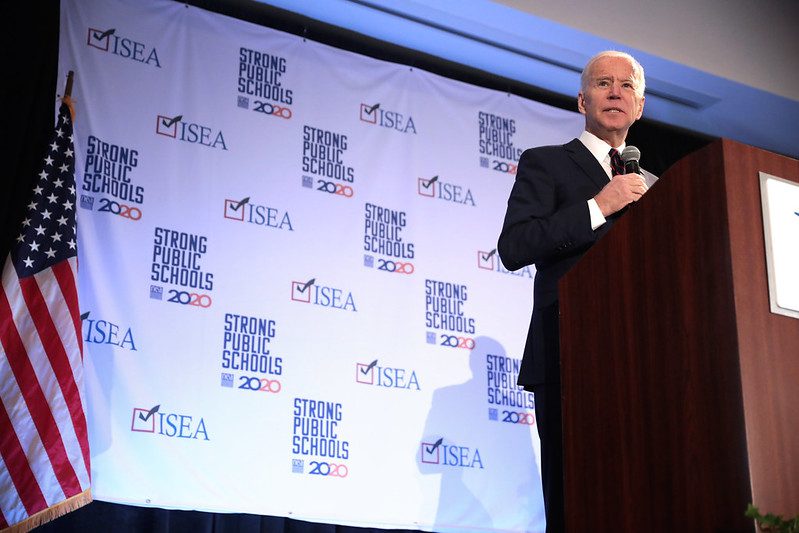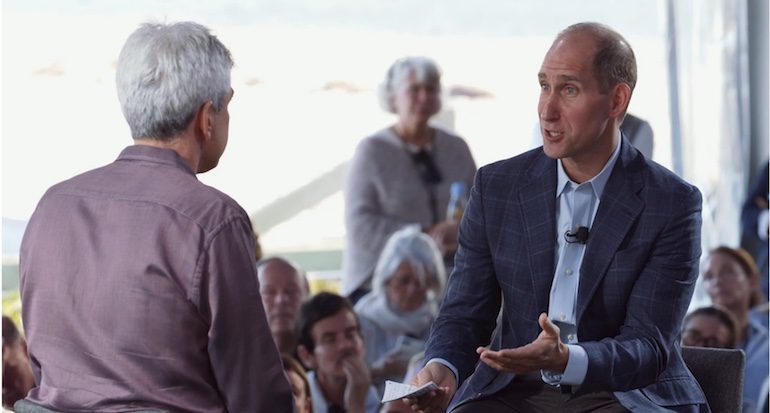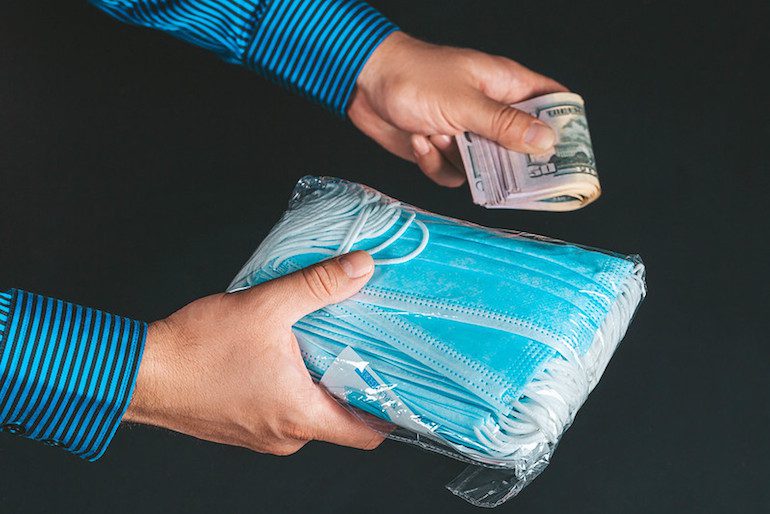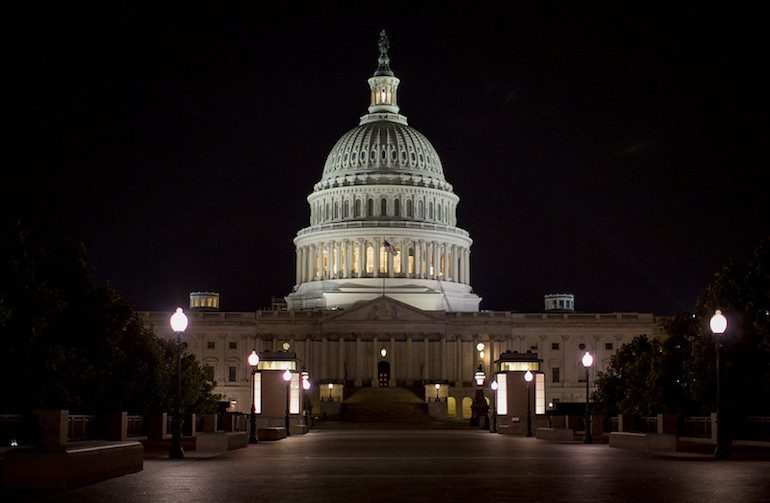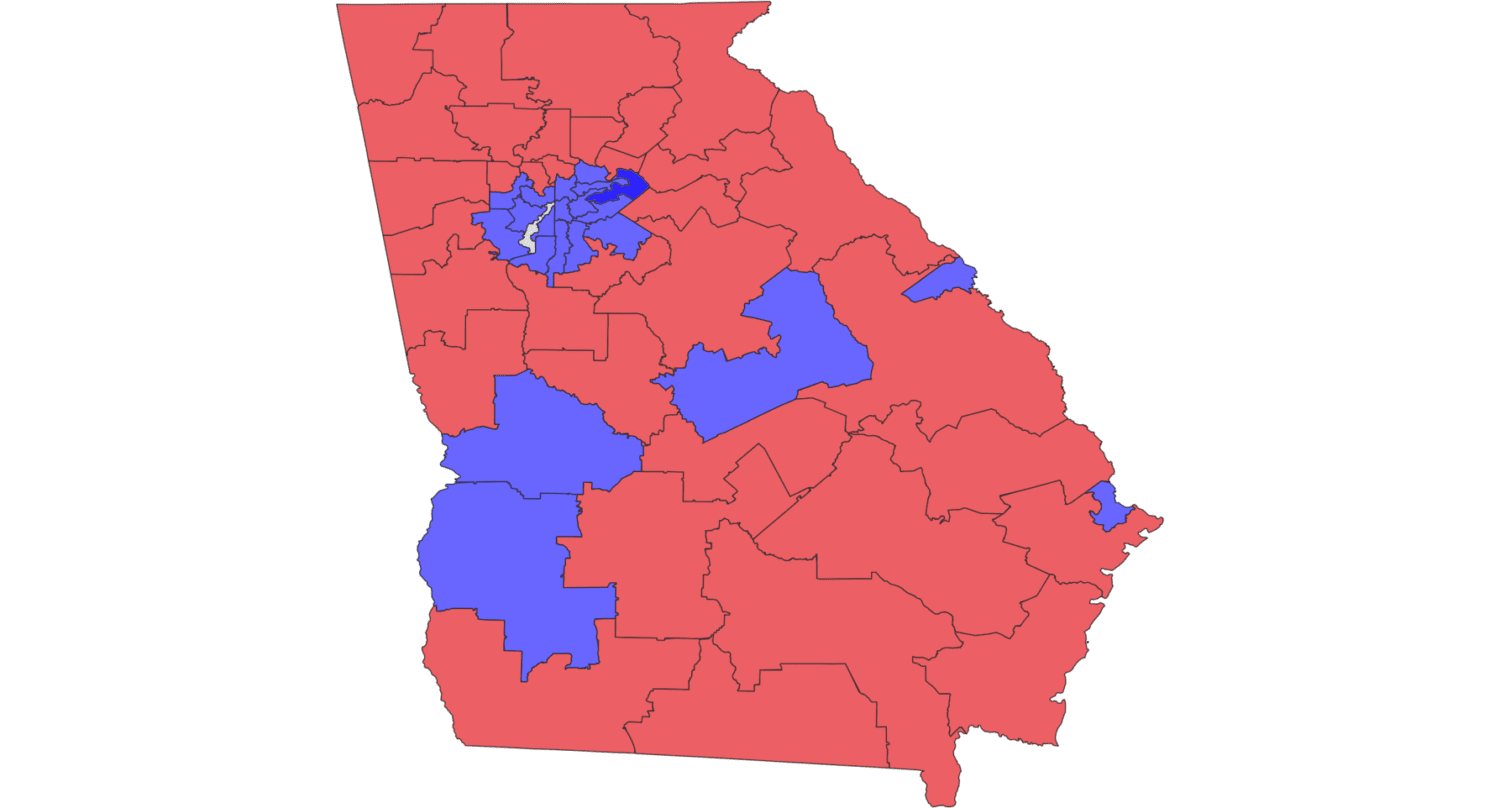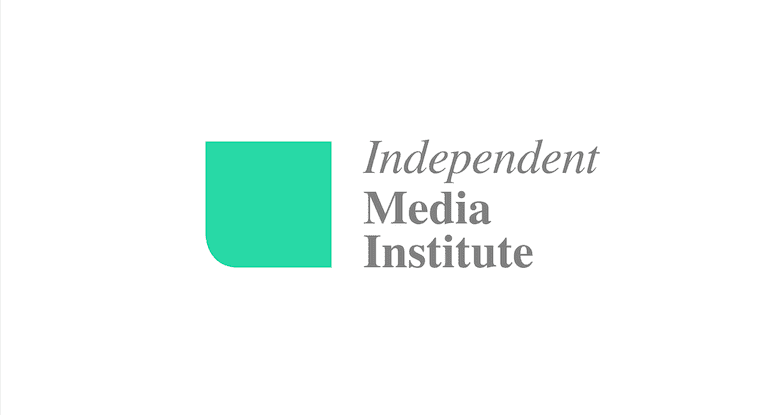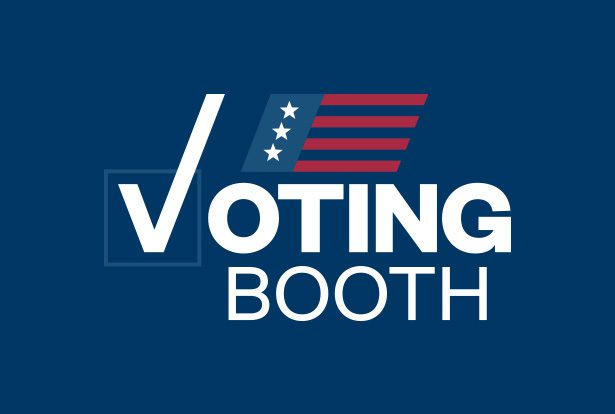The following is an excerpt of an article that was originally published on EdPolitics.
After years of federal policy malpractice, the nation is eager for a fresh agenda for public schools.
By Jeff Bryant
January 19, 2021
In picking Connecticut Commissioner of Education Miguel Cardona to be his nominee for U.S. secretary of education, President-elect Joe Biden appears to have made a Goldilocks choice that pleases just about everyone. People who rarely agree on education policy have praised the decision, including Jeanne Allen, CEO of the Center for Education Reform, a nonprofit group that advocates for charter schools and school choice, who called Cardona “good news,” and education historian Diane Ravitch, who also called the pick “good news” because he does not seem to be aligned with advocates for charter schools and vouchers. Sara Sneed, president and CEO of the NEA Foundation, a public charity founded by educators, called Cardona an “ideal candidate,” in an email, and hailed him for “his emphasis on the need to end structural racism in education and for his push for greater educational equity and opportunity through public schools.”
But as Biden and Cardona—should he be approved, as most expect—begin to address the array of critical issues that confront the nation’s schools, there’s bound to be more of a pushback. Or maybe not?
After decades of federal legislation that emphasized mandating standardized testing and tying school and teacher evaluations to the scores; imposing financial austerity on public institutions; incentivizing various forms of privatization; and undermining teachers’ professionalism and labor rights, there is a keen appetite for a new direction for school policy.
Due to the disruption forced by the pandemic, much is being written and said about the need to “restart and reinvent” education and a newfound appreciation for schools as essential infrastructure for families and children. With an incoming Biden administration, Democratic majorities in both chambers of Congress, and the influence of incoming first lady Jill Biden, a career educator, we may be on the cusp of a historic moment when the stars align to revitalize public schools in a way that hasn’t happened in a generation.
Read the rest at EdPolitics.
Jeff Bryant is a writing fellow and chief correspondent for Our Schools. He is a communications consultant, freelance writer, advocacy journalist, and director of the Education Opportunity Network, a strategy and messaging center for progressive education policy. His award-winning commentary and reporting routinely appear in prominent online news outlets, and he speaks frequently at national events about public education policy. Follow him on Twitter @jeffbcdm.
